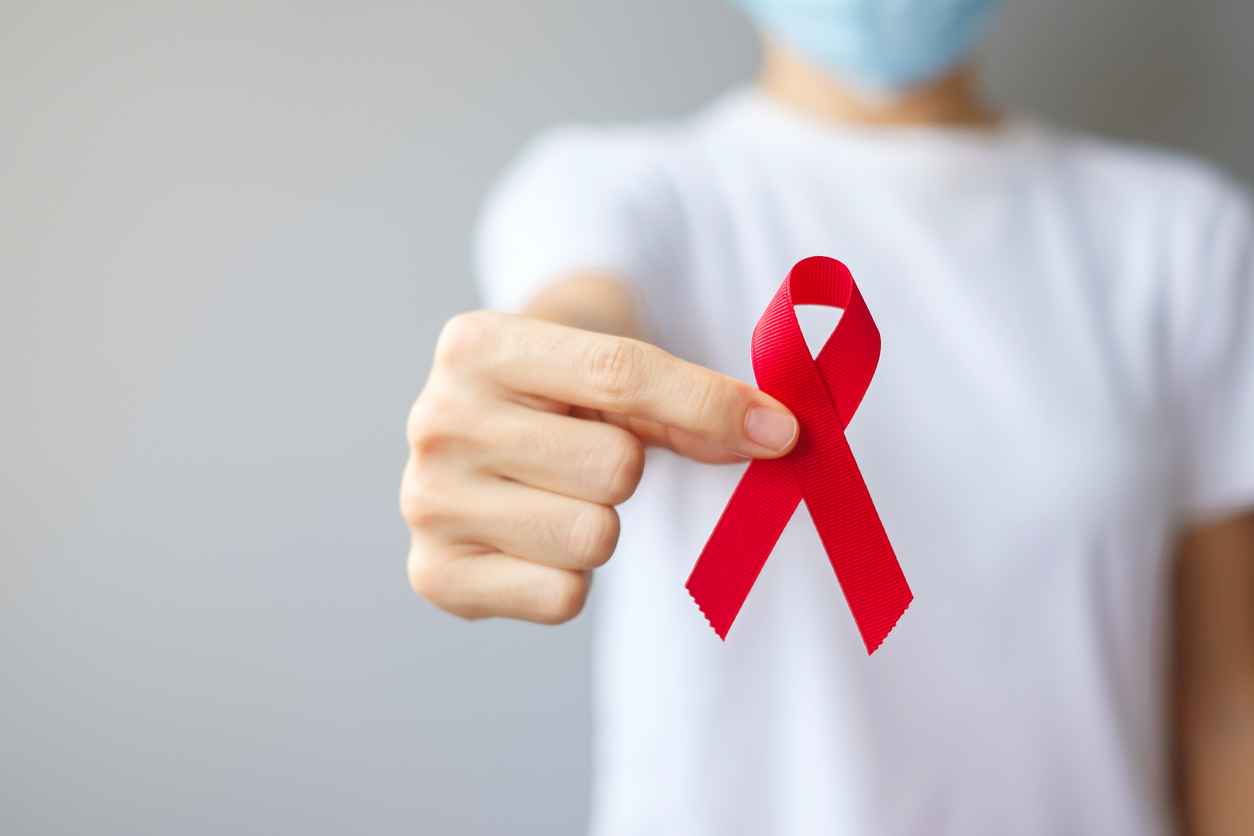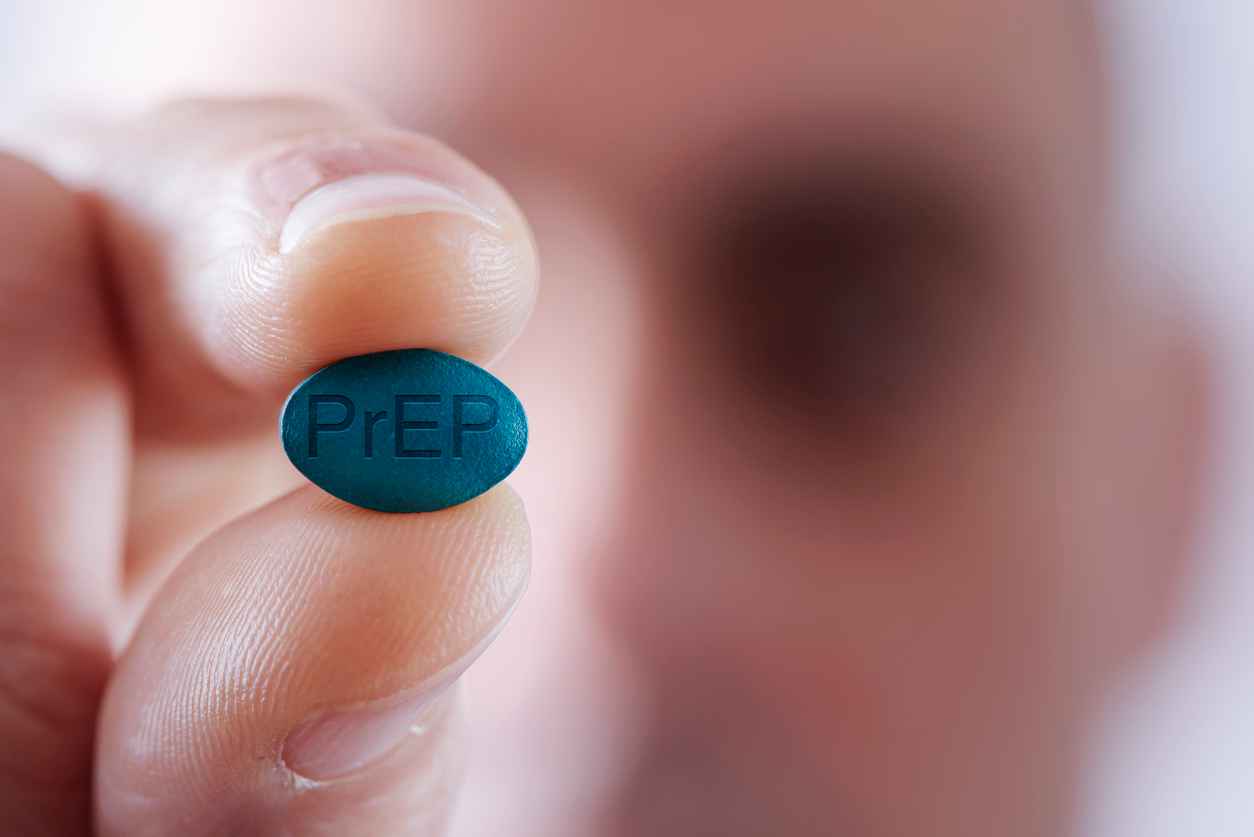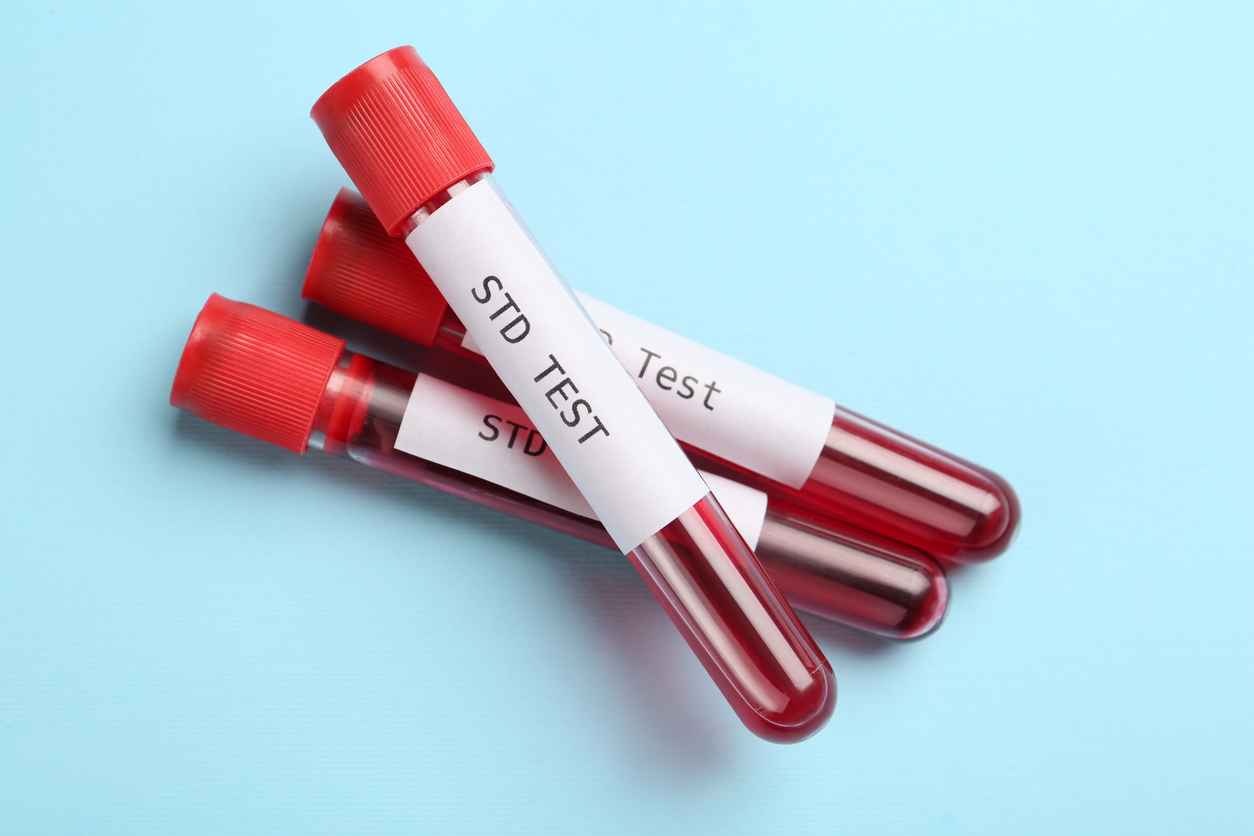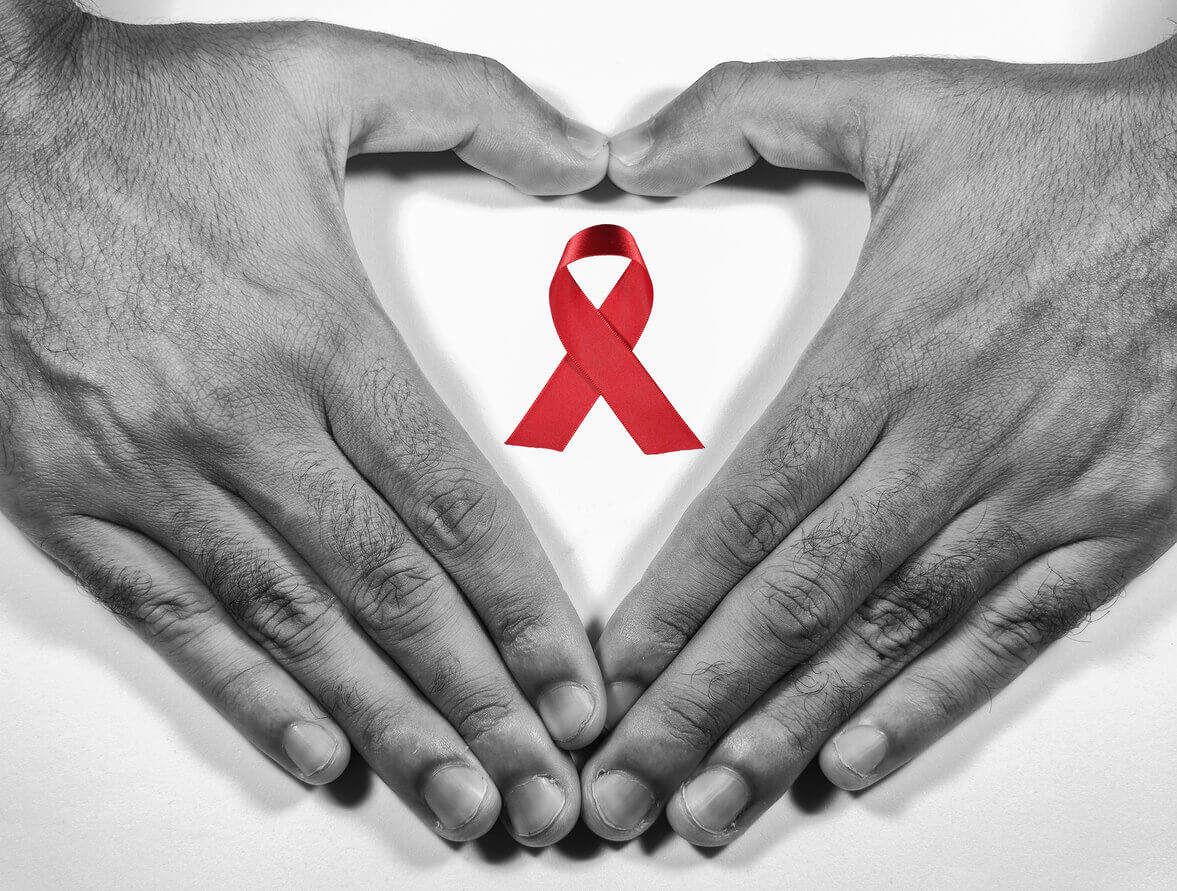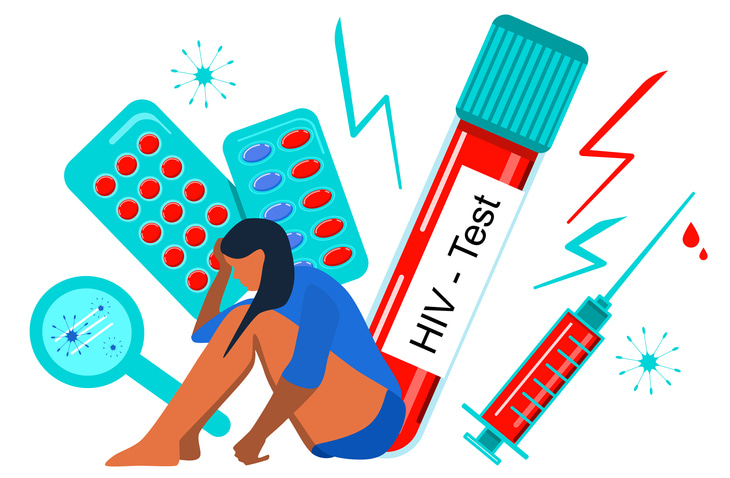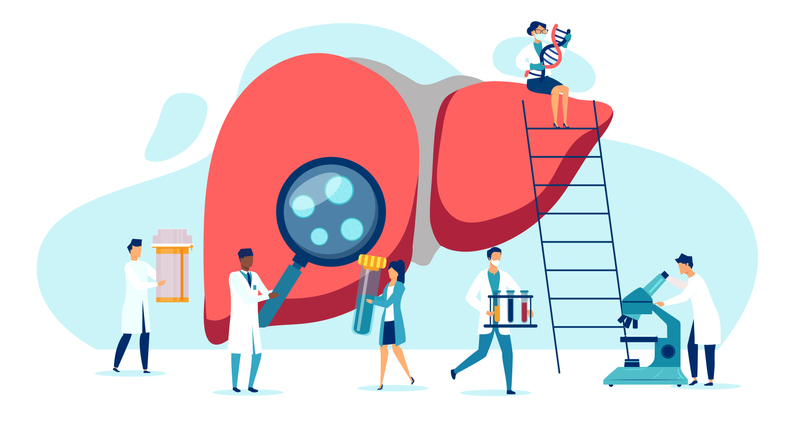HIV testing is a critical and straightforward measure with profound implications. It’s not just about knowing your status; it’s about taking control of your health and making informed decisions. In a world where HIV remains a significant public health concern, testing is an essential tool for prevention, early detection, and effective management.
Novus aims to provide clear and concise insights into the undeniable importance of HIV testing, highlighting how this single action can have a lasting impact on both individual well-being and the broader fight against HIV/AIDS. Keep reading to learn more.
Early Detection for Timely Treatment
HIV testing is crucial because it allows for early detection of the virus. Timely diagnosis enables individuals to access antiretroviral therapy (ART) at the earliest stages of infection. Starting treatment early can significantly slow the progression of the virus, improve immune function, and enhance overall health outcomes.
Prevention of Transmission
Knowing one’s HIV status is key to preventing the transmission of the virus to others. Individuals who are aware of their positive status can take necessary precautions, such as practicing safe sex and informing partners, to reduce the risk of spreading HIV to uninfected individuals. Additionally, it’s crucial to highlight the significant role that an undetectable viral load plays in preventing HIV transmission.
The U=U (Undetectable=Untransmittable) movement has been pivotal in reshaping the conversation around HIV transmission and prevention. It underscores the effectiveness of antiretroviral treatment not just in managing the disease but also in preventing its spread. According to U=U, when a person living with HIV adheres to their antiretroviral treatment regimen and achieves an undetectable viral load, the virus becomes untransmittable through sexual contact. This means that someone with an undetectable viral load cannot transmit HIV to their sexual partners, even without the use of additional barrier methods like condoms.
Reducing Stigma and Discrimination
HIV testing can challenge the stigma and discrimination associated with the virus. By openly discussing and normalizing testing, individuals are more likely to seek it without fear of judgment. This, in turn, helps break down barriers to testing and encourages others to follow suit.
Access to Support and Services
A positive HIV test result connects individuals with a network of support services, including counseling, medical care, and community resources. These services are crucial for managing the physical, emotional, and psychological challenges that can accompany an HIV diagnosis.
Advocating for Safer Practices
Regular HIV testing encourages individuals to engage in safer sexual practices and reduce risky behaviors. It reinforces the importance of consistent condom use, partner communication, and other preventive measures that contribute to overall sexual health.
Navigating Relationships and Intimacy
Knowing one’s HIV status promotes open communication within relationships. It enables individuals to have honest conversations with partners about sexual health, reducing misunderstandings and fostering trust.
HIV Care in Pennsylvania
Novus in PA stands as a beacon of comprehensive and compassionate care for HIV testing and management. With a commitment to fostering a healthier future, Novus provides accessible and confidential HIV testing services that empower individuals to take control of their health. Contact us today to learn more about our HIV care services.
